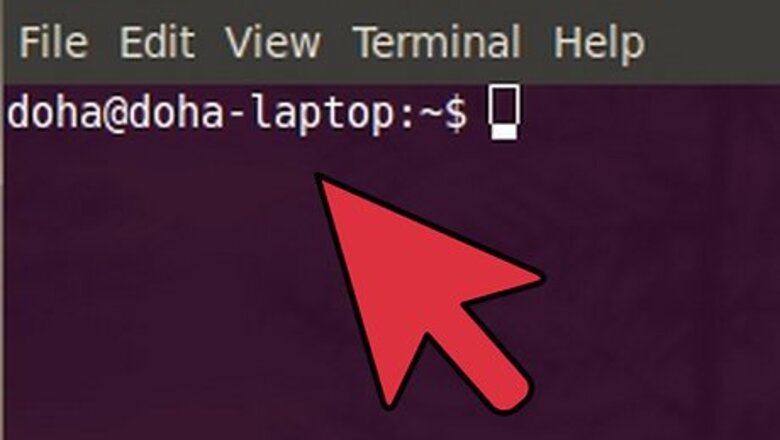
views
Note: If you are using KDE, double-clicking on a font in Dolphin should automatically open the font in K Font View. When you click on the button labeled "Install..." if the font is not already installed, you will receive a prompt asking if you want to install it for personal use or system wide. If you choose system, you will be prompted for your sudo password.
Getting Font Viewer Root Privileges to Install a Font
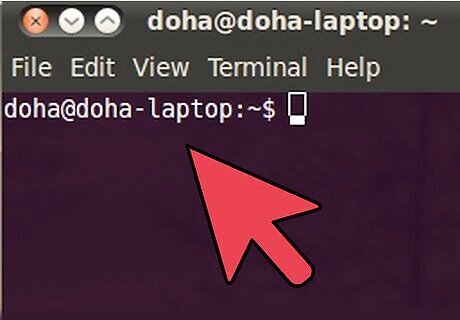
Open a terminal window
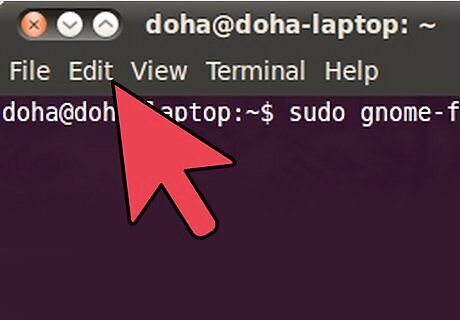
Type "sudo gnome-font-viewer
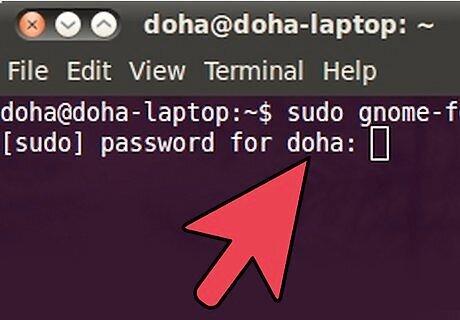
Enter your user password when prompted
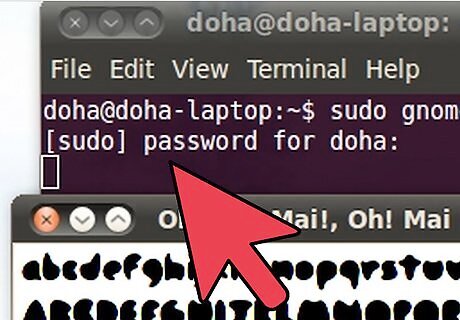
Click "Install". Job done!
Automatically Install a Single Font
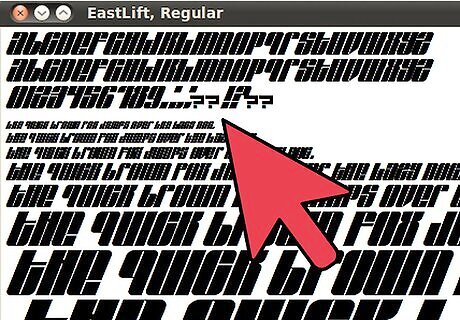
Download a TrueType font. (The file extension will be .ttf.) Unzip your file if necessary.
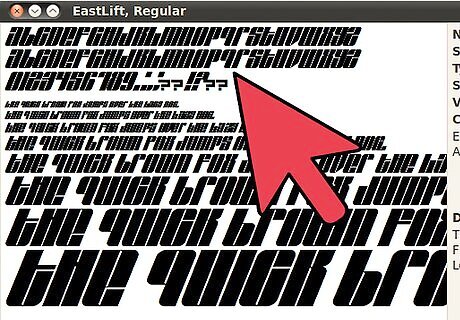
Double click on the downloaded file. This should open a font-viewer window.
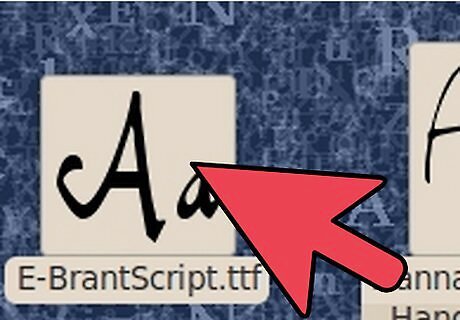
Click Install Font in the lower right-hand corner. Congratulations! Your font has been installed.
Manually Install Multiple Fonts
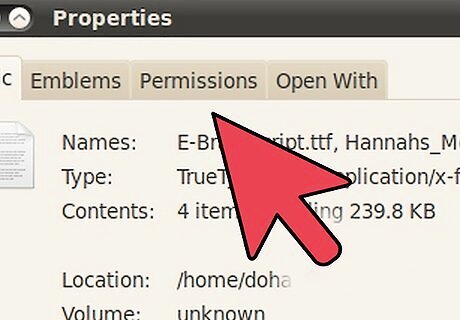
Download TrueType fonts. (The file extension will be .ttf or .otf) Unzip your files if necessary.
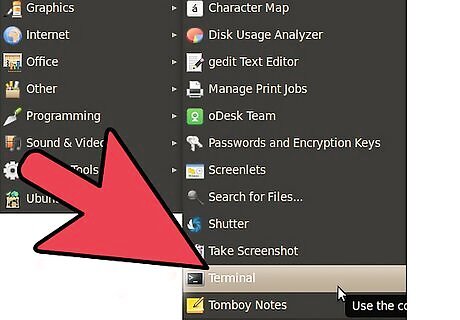
Move or copy your files to the ~/ Directory. The ~/ Directory is your home folder. This means that if you were logged in as cruddpuppet, the directory would be /home/cruddpuppet/ .
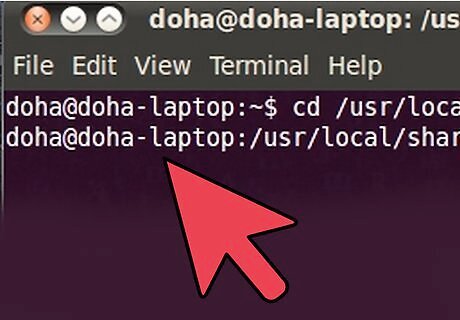
Go to Applications > Accessories > Terminal. This will take you to the terminal.
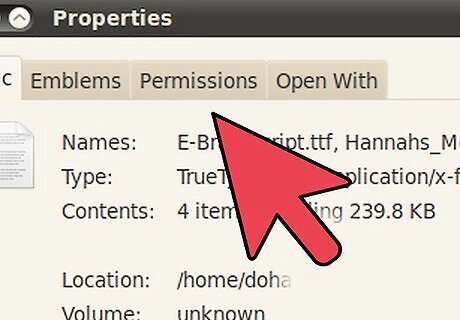
Type “cd /usr/local/share/fonts/truetype” without quotes into the command line. This is a directory for user-added fonts in linux.
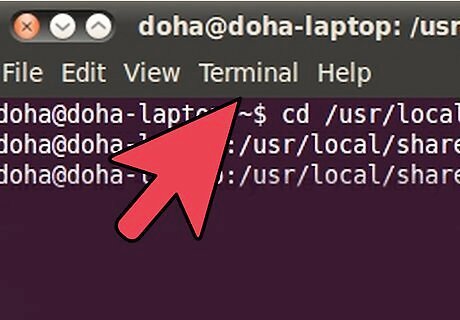
Type “sudo mkdir myfonts” without quotes. This will make a directory called “myfonts” in which to store your fonts. If you’re not logged in as root, you will be prompted to provide your password.
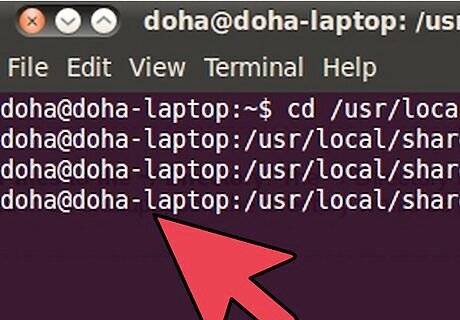
Type “cd myfonts” without quotes. This copies you into the new directory.
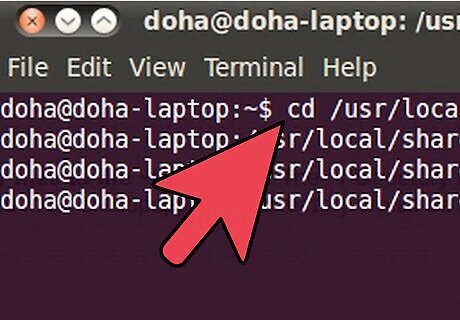
Type “sudo cp ~/fontname.ttf .” without quotes. This copies the TrueType fonts into your new directory. (Alternatively, type “sudo cp ~/*.ttf .”; the * acts as a wildcard, allowing you to copy all your fonts from the ~/ Directory at once.)
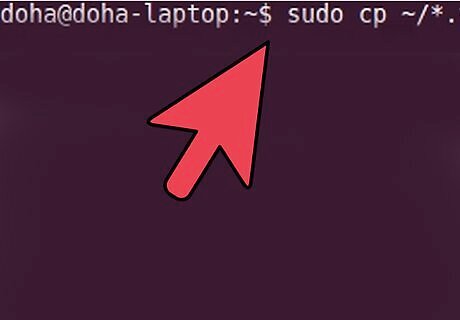
Type “sudo chown root fontname.ttf”(or *.ttf) to change file owner to the root.
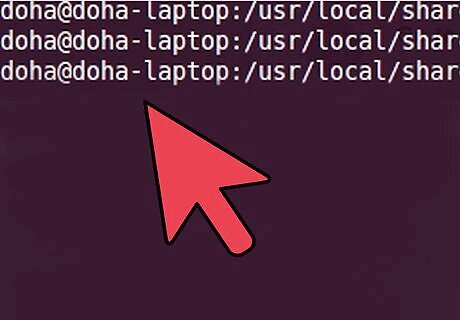
Type “cd ..” and then “fc-cache” without quotes to add newly-added fonts to system-wide font index, so all applications can see them.




















Comments
0 comment